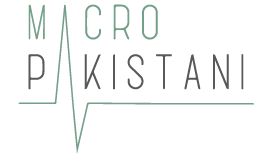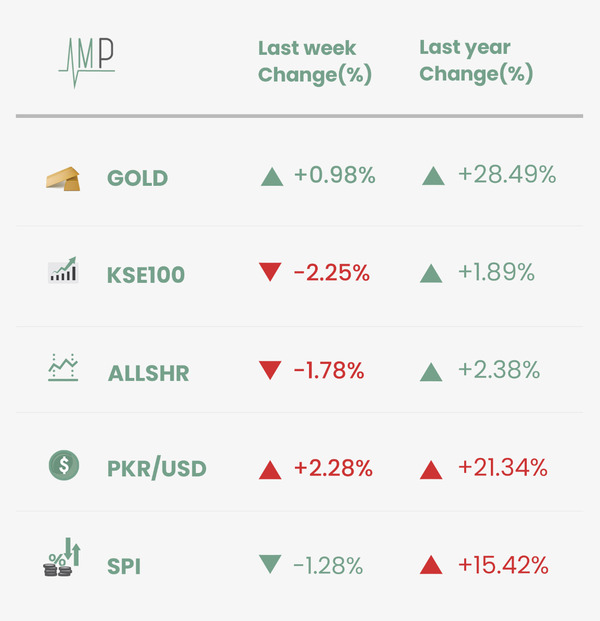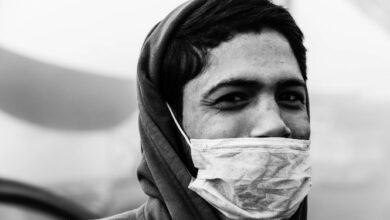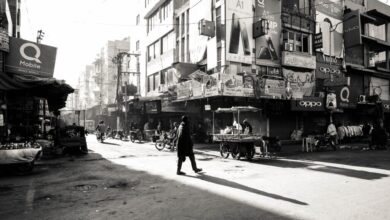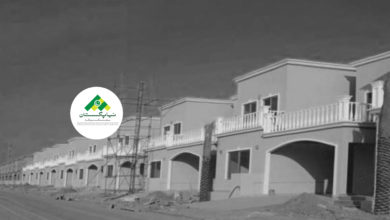3 min read
The new Shehbaz Sharif-led government is facing a macroeconomic crisis on multiple fronts. One of its most pressing quandaries is what to do about the price of petrol. On the one hand, the existing fuel subsidies are unsustainable, but on the other hand, raising fuel prices is a sure-fire way for a new administration to lose popularity. Either way, it’s a lose-lose situation.
While international oil prices have skyrocketed in recent months, the previous PTI government made a decision in late February 2022 to subsidise the cost of fuel in the country by PKR 10 per litre. By OGRA’s own projections, this subsidy cost more than PKR 30 billion in March, and is projected to cost more than PKR 50 billion in April, a clearly unaffordable move for an economy already in the doldrums. However, what PTI did calculate correctly was that its government was not going to last much longer. This step allowed it to bank some populist points, while pushing off the tough decision to raise fuel prices on to the next government.
Cheap fuel is not a bad thing per se. Ordinary people in Pakistan have already been hit hard by inflation in recent years, and with poor public transit options, fuel is an expensive necessity for most Pakistanis. However, the subsidy in its current form is wasteful. As pointed out by PML-N’s Miftah Ismail, it is essentially a PKR 1,700 handout by the government to each Land Cruiser owner every time they refuel their car. Thus, this generalized fuel subsidy needs to be scrapped and replaced by something that is specifically targeted toward the underprivileged economic classes, be it in the form of an income-restricted fuel subsidy, or an expansion of the Ehsaas program.
KSE-100 fell this week, due to rising commodity prices in the international market. PKR depreciated this week, as the State Bank’s forex reserves fell to their lowest level in two years. Local gold prices rose slightly this week.
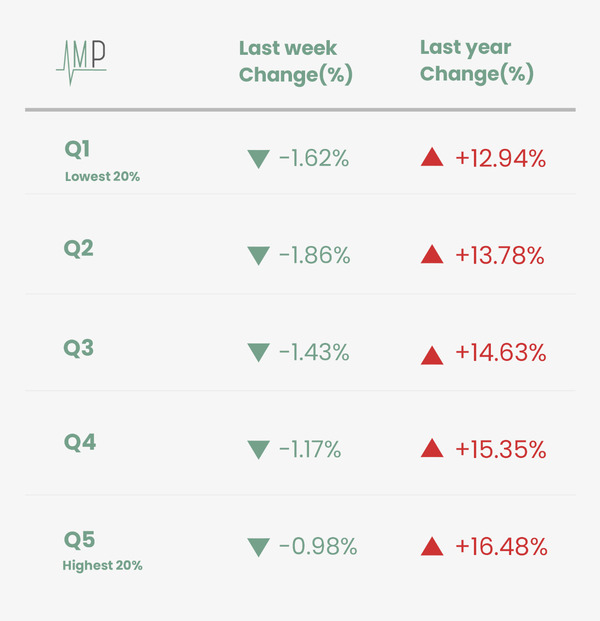
The annual change in the Sensitive Price Index fell to 15.42% vs. 16.44% last week. The poorest of the country (Q1) experienced a change of 12.94% vs. 16.48% for Q5. On a weekly basis, prices fell for all quintiles by 1.28%.
Increase in the prices of Onions (+10.2%) and Chicken (+1.82%) contributed to weekly inflation. A fall in the price of Tomatoes (-44.4%) Wheat (-8.16%) and Electricity (-5.44%), helped moderate inflation this week.
What Else We’re Reading (Local)
- The IMF has apparently demanded the end of fuel subsidies and tax exemptions in order for Pakistan to receive its next loan installment. (Profit)
- Pakistan has a sugar surplus this year. But allowing the commodity to be exported could become unpopular if prices start rising later. (Business Recorder)
What Else We’re Reading (International)
- UK Prime Minister Boris Johnson is in India this week to push for the signing of a free trade deal between the two countries, but India appears to be more circumspect about the endeavour. (Bloomberg)
- French President Emmanuel Macron’s popularity amongst the country’s Muslim population has plummeted due to his neglect for poorer suburbs and divisive rhetoric on terrorism. (FT)
